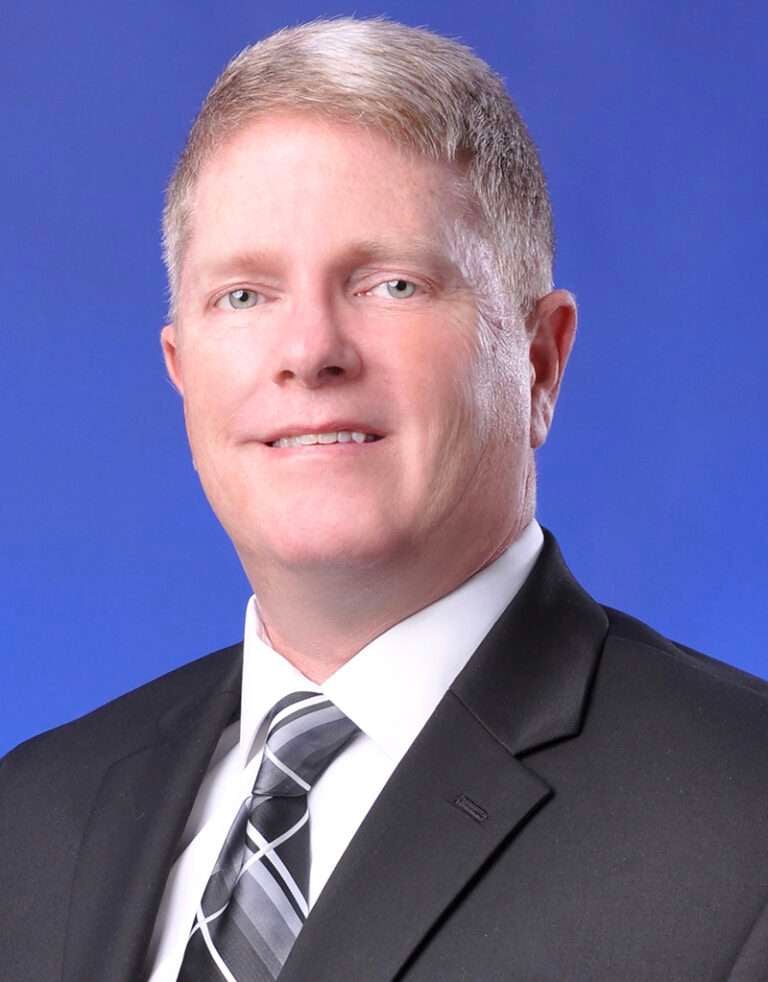By Farah Siddiqi
Public News Service
The “AM Radio for Every Vehicle Act” now in Congress would mandate all new cars in the U.S. be equipped with AM radios, and it is stirring a debate in Kentucky.
The legislation is supported by 60 bipartisan U.S. senators and more than 250 House members, including Rep. James Comer, R-Ky., and Rep. Hal Rogers, R-Ky., but it is being criticized by the Consumer Technology Association for its potential to increase vehicle costs and stifle innovation, particularly as electric vehicles rise in popularity.

Gary Shapiro, CEO of the association, testified against the mandate in a House subcommittee. He highlighted the financial and technological burdens the mandate would place on automakers and consumers alike.
“AM radio is wonderful but it should not be required in every car sold in the ‘forever future,'” Shapiro argued. “Because it is a trade-off with safety and other features and it costs money, and it slows the shift to electric cars.”
Proponents of the mandate argue AM radio is crucial for emergency broadcasts, particularly in rural areas where digital signals may be weak. Shapiro contended incorporating AM radios into EVs is problematic due to signal interference from the batteries, which would cause costly redesigns and divert resources from other advancements.
For Kentuckians, especially those in rural areas who might rely more on AM radio for information, a mandate would present both benefits and challenges. While AM radio’s extensive range is valuable, Shapiro argued such a requirement could hinder the state’s broader efforts to transition to electric vehicles. He added the necessity of AM radio is diminishing with the advent of digital and streaming options, which many consumers now prefer.
“AM radio is not going away; we don’t think it should be a requirement,” Shapiro pointed out. “There are simpler solutions, like, if you’re not buying a car with an AM radio, the car seller should have to disclose that. Or you could plug in an AM radio.”
Shapiro stressed a balanced approach is needed to electrify vehicles while satisfying the radio industry and respecting consumer choice and market dynamics.

















